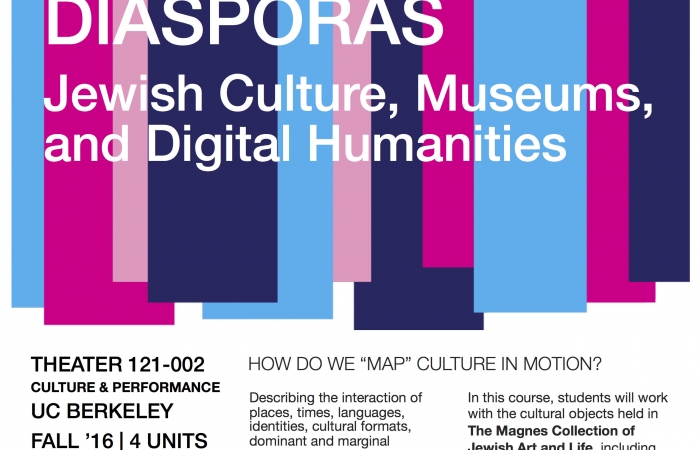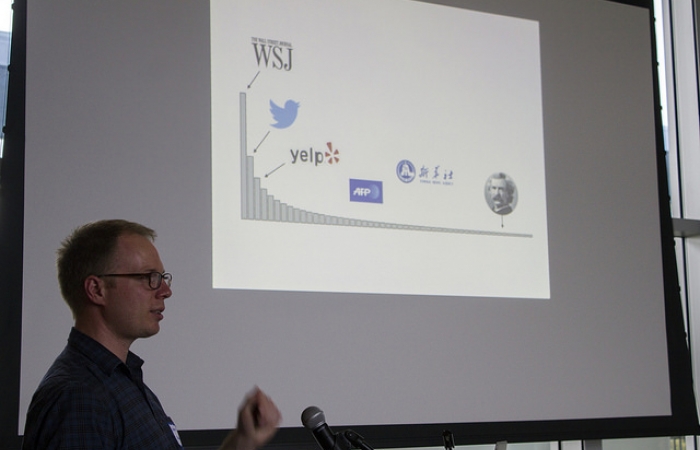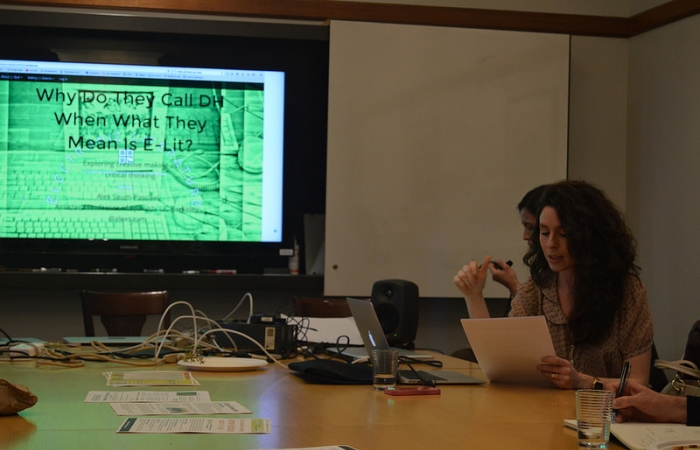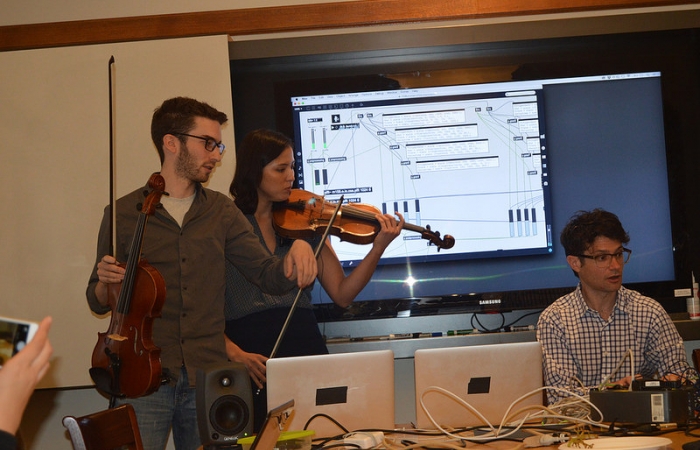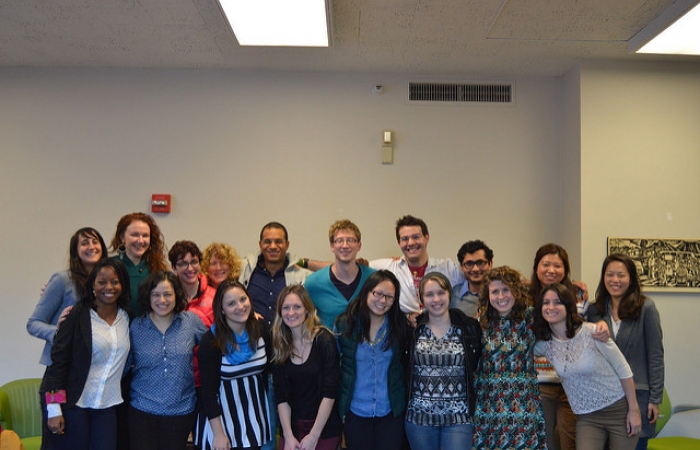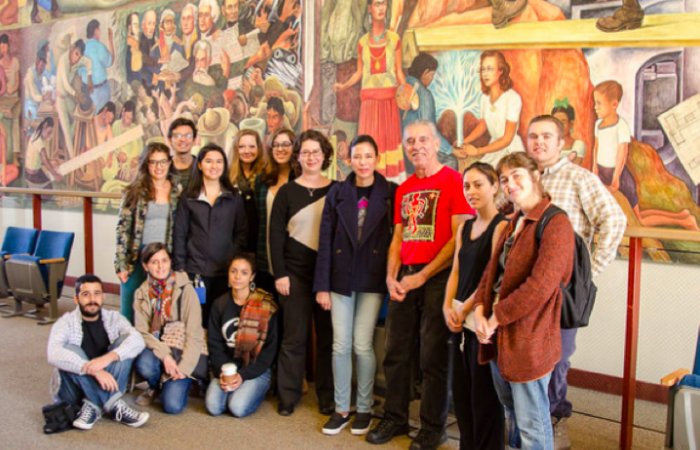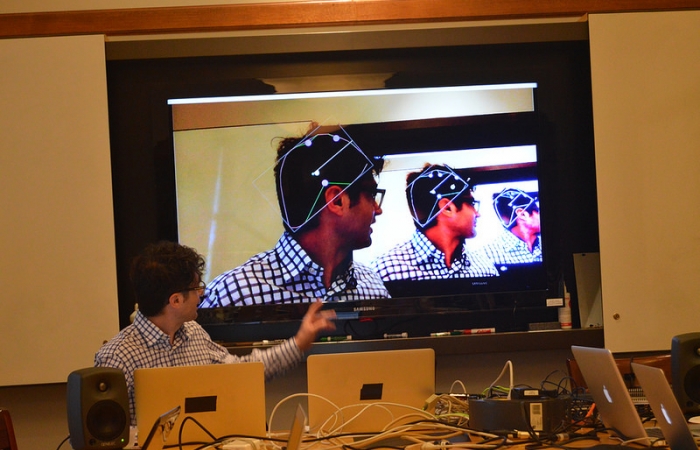Humanists on the Move
This class is about Renaissance humanists and how we can use digital means, as well as traditional ones, to study them. Our particular focus is on the ways people were connected in the renaissance -- as patrons, as readers, as travelers, as correspondents. Students will gather data about the travels and connections of their individual humanists. Then, working in groups, they will form databases and use mapping and network analysis on their data to chart interconnections between these historical figures over time.![]()
